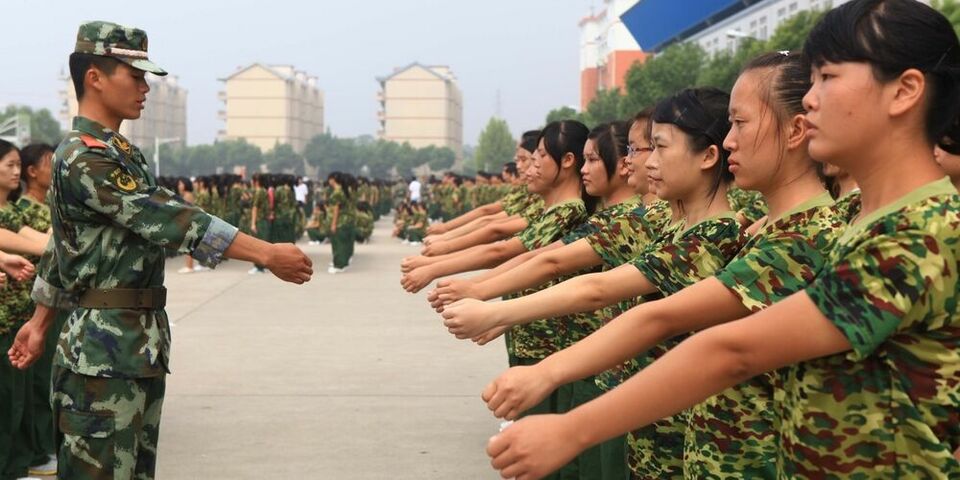Knowledge security: Dijkgraaf tightens the reigns
Higher education has to “clean up its act” when it comes to partnerships with countries that restrict basic freedoms. Both applied science and research universities will be subjected to an external review before the end of this year, Minister Dijkgraaf announced.
“It’s clear that we have been somewhat naive in past years,” Dijkgraaf said in a debate in the House of Representatives on knowledge security. The debate followed new revelations about Dutch knowledge and expertise that is benefitting the Chinese armed forces.
The minister believes that the institutions share “the growing sense of urgency”. But he also had to conclude “that we’re simply not there yet”. At the behest of Parliament, he will be tightening the reigns further.
Outside view
In February, the minister ordered university supervisory boards to monitor whether binding agreements about knowledge security were actually being complied with, but he is changing course. He wants to lay down the institutions’ compliance and the monitoring thereof in an administrative agreement.
Dijkgraaf: “Someone has to be looking over their shoulders in this process, and that’s why I want to set up an external audit.” This is not only for the benefit of the universities. “That external viewpoint will certainly also apply to the universities of applied sciences,” the minister explicitly said.
National security
D66 MP Van der Laan wants to prevent knowledge leaks to countries that restrict basic freedom, but also called the debate on the measures “a balancing act” between autonomy and academic freedom, on the one hand, and national security, on the other.
The VVD saw it as less complicated and pressed the minister to take a stand. Dijkgraaf: “I think it is very simple. There can’t be any form of academic freedom or right that is so sacred that it endangers our national security.”
Negative advice
The institutions can already make use of several different aids. For example, they can consult a guideline for international partnerships. But the Parliament thinks this is too open-ended.
In addition, since the beginning of this year, institutions and researchers can appeal to a knowledge security helpdesk, which includes involvement of the intelligence services. Over the last four months, fifty notifications have been received, and in a number of cases this has also led to negative advice, the minister said.
Assessment
An ‘assessment framework’ will also be set up. According to Dijkgraaf, this is “a far-reaching measure” which will require third-country nationals who want to access a Dutch knowledge institution in a high-risk field to first pass a test. “We are had at work to find out exactly what these domains are. We have to be very thorough in this,” he said. He hopes to have the framework completed before the end of the year.
This package of measures “is probably the last thing” that Dijkgraaf can ask the institutions and services to do at this time. “We’re working as fast as we can, but not faster because we don’t want to make any mistakes.”


Discussion